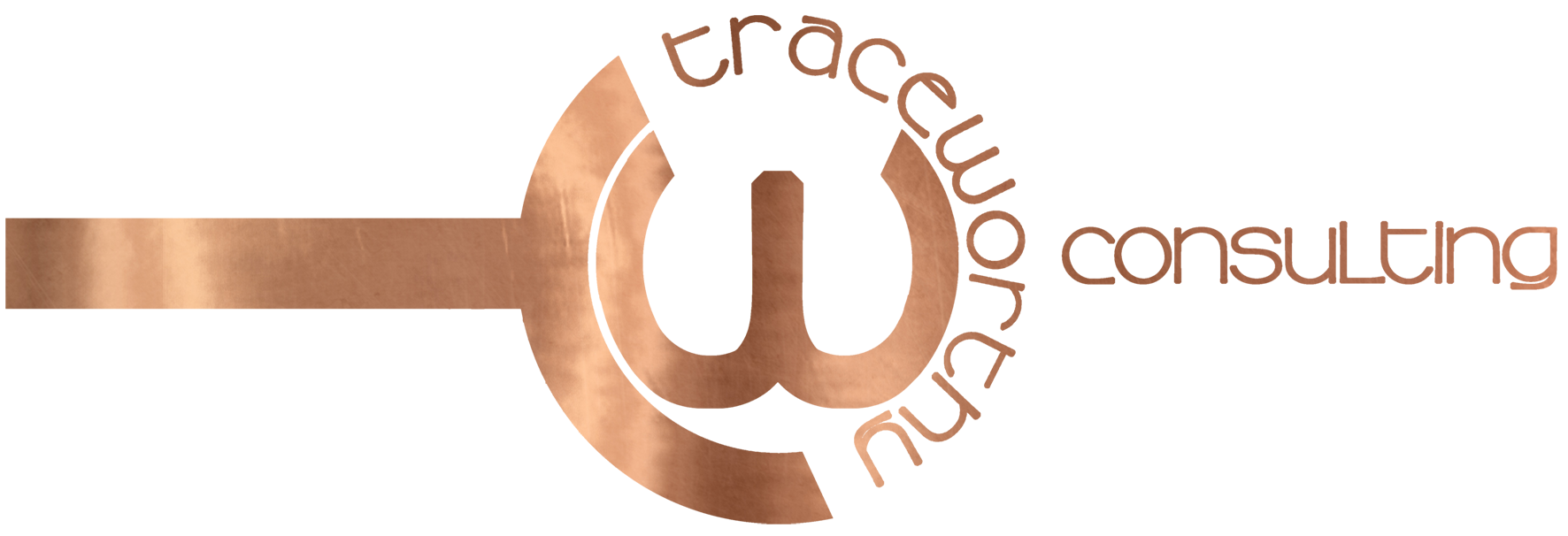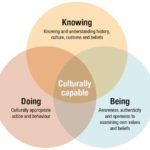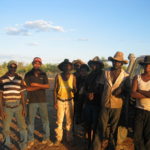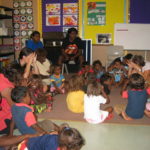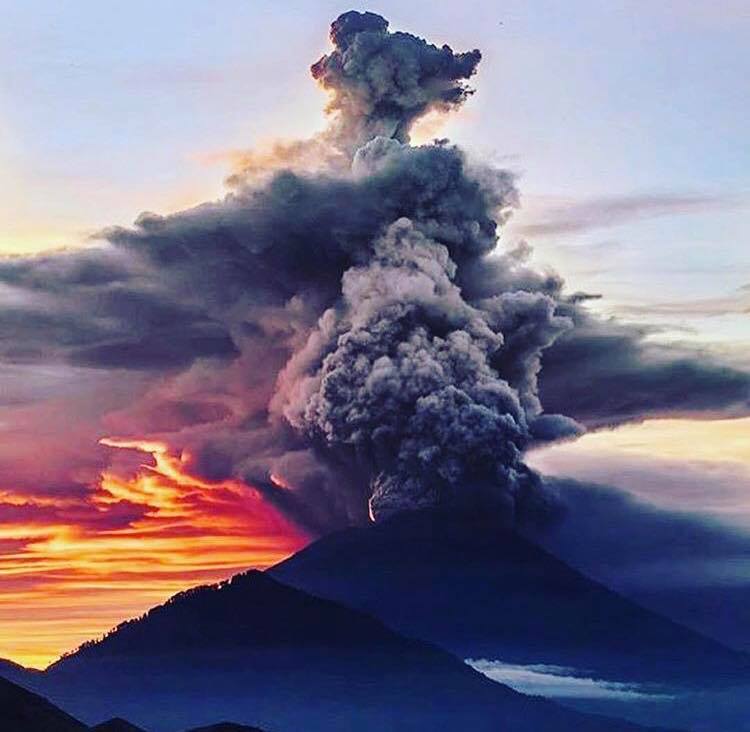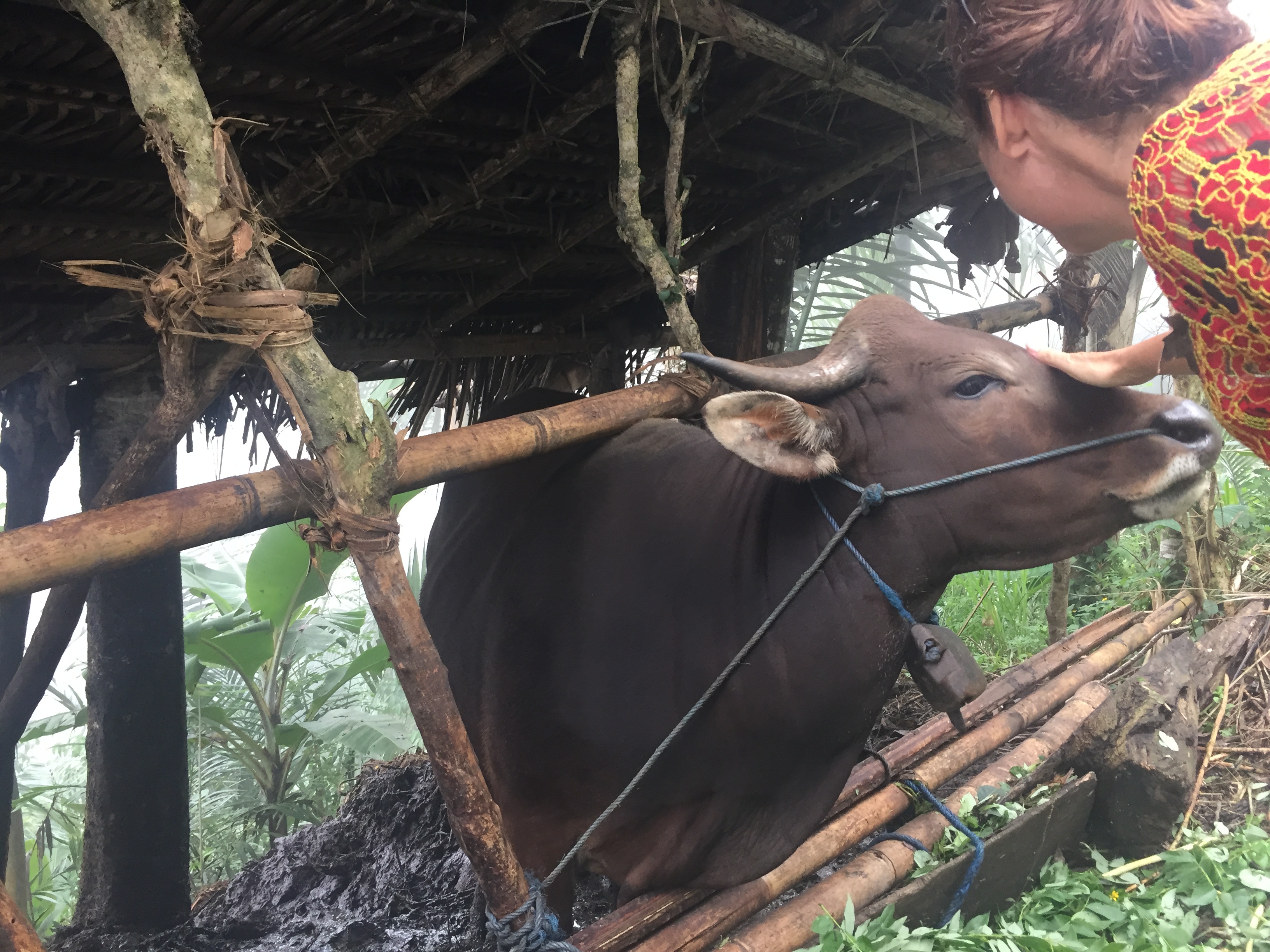
One of my favourite definitions of the word “fail” is
become weaker or of poorer quality; die away.
Apt, for many people who tell me they are afraid of failing. Is it true?
Take this example of a 16 year old girl I mentored for a couple of years. She had the ultimate resistance to applying herself to the point of refusing to apply for jobs and even avoiding going for her driving license. She claimed she was afraid of failing. She could even justify the claim with stories of her father’s rage if she didn’t meet his standards and expectations. People around her affirmed this with apparent understanding and empathy. I wasn’t convinced.
I saw a teenage girl so in love with failure that it absolved her of all responsibility. Failure was her preferred state. She had learned at a young age that to fail is to leave people expecting less of her. She preferred wrath to accountability.
The only time I accept fear of failure as a statement of truth is when someone is up to something really big. Even then, I suspect the fear is not of failure; it is actually the fear of letting people down.
This came up for me recently.
I have been offered, and since accepted, a partnership in an epic project that has global repercussions well beyond my lifetime. My mind flew into, “I’m just a farm girl. What do I know?” A Bachelor’s Degree, a Master’s Degree and three decades of experience leading to this moment were forgotten, replaced with a dose of impostor syndrome and self-doubt.
What if I can’t do it?
What if I fail?
What if I become weaker, of poorer quality, die away?
The level of accountability in this position is greater than anything I have done before. To put this in perspective, I have led the evaluation of one the Australian Government’s most controversial Indigenous policies in history. I used the results of that evaluation to inform the next ten years of Indigenous policy, which affects every Aboriginal and Torres Strait Islander person in Australia. I have held people’s lives in my hands throughout the suicide prevention and intervention programs I designed and facilitated. I have turned myself inside out to develop programs to keep young people out of jail, providing education and employment opportunities for them in the most hostile economic environments. I have built schools and health services. I have even built social systems for a community that was destroyed by flood and for people who lost every possession in the disaster. I have done epic stuff before – often. This is what I do.
What if I succeed?
What if I become stronger, better, more alive?
What will people ask of me next?
Whatever it is, I think I am good to take it on. Who better than the farm girl that has proved time and again that ‘impossible‘ is merely an illusion?
So, am I afraid?
Yes!
Healthy fear keeps my ego in check. It won’t stop me though.
I have a job to do.
..
So, what of the teenage girl?
It seems she has woken up. She has found something that has excited her to do something new, despite the risk of failure. Her desire to avoid being accountable has been overshadowed by her desire for a different kind of life. You go girl!
